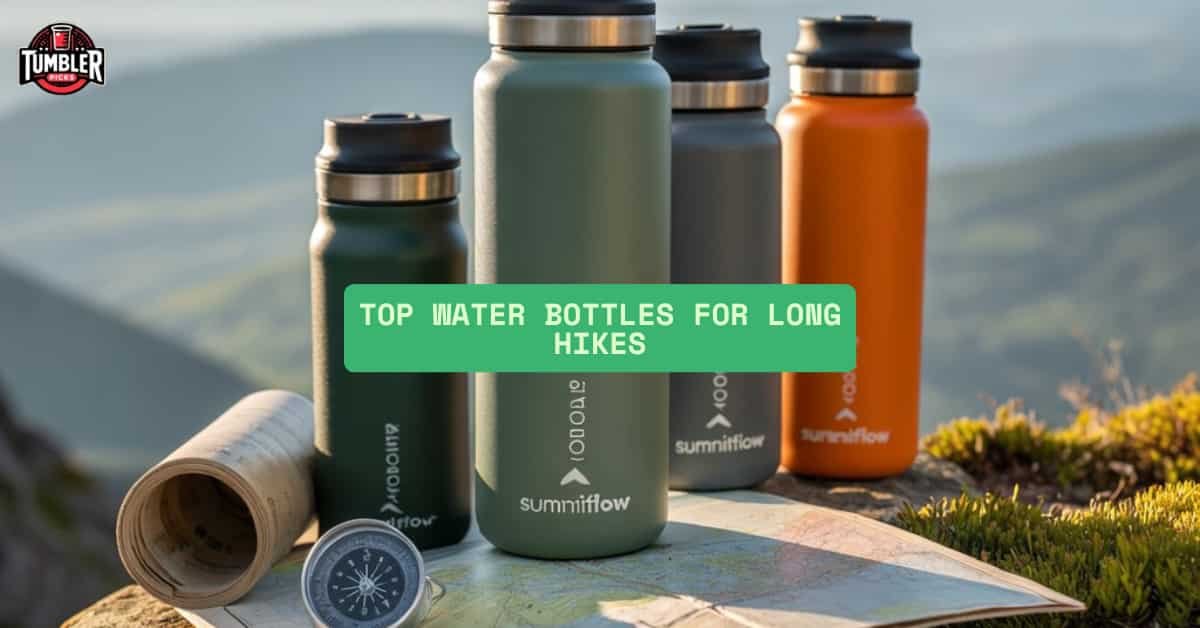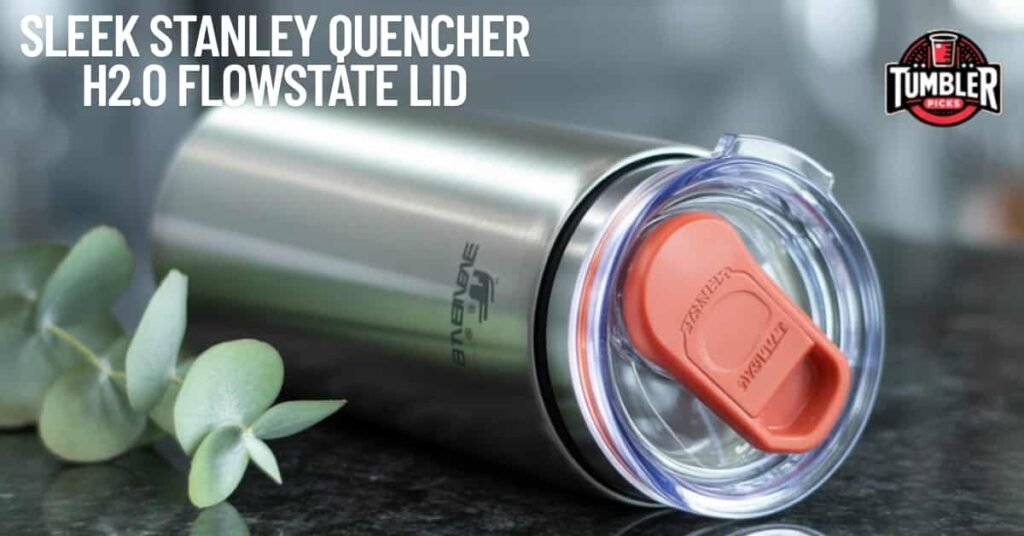After years of leading youth through outdoor education programs and covering endless miles on the trail, I’ve learned that the right water bottle can make or break your hydration game. Whether it’s a day hike, a weeklong camping trip, or a deep backcountry journey through the canyon or climbing crags, your pack should always include a tough, reusable bottle with good durability, light weight, and solid insulation to survive the desert climate.
I’ve tested top models from Hydro Flask, Yeti, and Nalgene for their ease of use, volume, and ergonomics, especially during rest days when casual sipping matters as much as intense effort. I often turn to consumer sites and reviews for updated info, but nothing beats real experience in the wilderness.
Unlike single-use or disposable options that pollute landfills and oceans, these no-waste bottles are better for the outdoor world and your hiking body’s cells. The best bottle isn’t always obvious—sometimes searching a website full of outdoor gear is more fun than helpful—but your style and approach matter. So ditch the plastic, choose wisely, and fuel your next adventure.

Table of Contents
🏞️ Why the Right Water Bottle Matters on Long Hikes
When you’re several miles deep into a trail, having a water bottle that keeps liquids cold or hot for hours, is leak-proof, and can withstand rugged terrain makes all the difference.
Key Benefits:
✔️ Maintains hydration over long distances
✔️ Prevents heat exhaustion or altitude sickness
✔️ Saves money & the planet vs. plastic bottles
✔️ Supports weight distribution in your pack
🥇 Best Water Bottles for Long Hikes
Here are the top-rated hiking water bottles that blend performance, durability, and convenience.
1. 🧊 Hydro Flask Wide Mouth Bottle (32 oz)
- Insulation: TempShield™ double-wall vacuum
- Material: 18/8 stainless steel
- Why we love it: Keeps water ice-cold for 24 hrs
🔗 Visit Hydro Flask
2. 💪 Nalgene Tritan Wide Mouth (32 oz)
- Material: BPA-free Tritan plastic
- Durability: Virtually indestructible
- Why we love it: Lightweight, great for purifiers
🔗 See on Amazon
3. 🌄 CamelBak Chute Mag Water Bottle (25 oz)
- Design: Magnetic cap stows while drinking
- Portability: Slim and pack-friendly
- Why we love it: Easy to carry, minimal leakage
🔗 Explore CamelBak
4. 🏕️ Platypus SoftBottle (1L)
- Flexibility: Collapsible when empty
- Weight: Ultralight
- Why we love it: Perfect for ultralight backpackers
🔗 Official Platypus Site
5. 🌿 GRAYL GeoPress Purifier Bottle (24 oz)
- Feature: Built-in water purifier
- Use: Drink from rivers & streams safely
- Why we love it: One bottle, clean water anywhere
🔗 Check GRAYL
🔍 Comparison Table: Quick Overview
| Water Bottle | Capacity | Material | Weight | Best For |
|---|---|---|---|---|
| Hydro Flask | 32 oz | Stainless Steel | 15.5 oz | All-day insulation |
| Nalgene Tritan | 32 oz | BPA-Free Plastic | 6.3 oz | Ultralight trekking |
| CamelBak Chute Mag | 25 oz | BPA-Free Plastic | 7.6 oz | Casual long hikes |
| Platypus SoftBottle | 34 oz | Soft Plastic | 1.3 oz | Thru-hikes & fastpacking |
| GRAYL GeoPress | 24 oz | BPA-Free Plastic | 15.9 oz | Off-grid & travel safety |
🧊 Key Features to Consider
| Feature | Why It Matters |
|---|---|
| 💧 Capacity | Choose based on hike length; 24–32 oz is ideal for most hikes. |
| 🧱 Durability | Must handle drops, rocks, and pack pressure. |
| 🧼 Ease of Cleaning | Wide mouth = easy to clean & fill. |
| ❄️ Insulation | Crucial for hot climates and long hikes. |
| 🎒 Weight | Go light if distance is long; balance durability and weight. |
| 🚱 Leak-Proof Lid | Nothing worse than soggy snacks or electronics. |
🧴 Water Bottle Types: Pros & Cons
| Type | Pros | Cons |
|---|---|---|
| Stainless Steel | Durable, insulated, sleek | Heavier than plastic |
| Plastic | Lightweight, affordable, clear | May retain odors, less insulating |
| Collapsible | Extremely packable, light | Less durable, harder to clean |
| Purifier Bottles | Safe water anywhere | Bulkier, heavier, costly |
🧠 Expert Tips on Hydration Strategy
- 🕒 Hydrate before you hike. Don’t start off dehydrated.
- ⏱️ Take small sips every 20–30 minutes. Avoid gulping large amounts.
- 🧂 Replenish electrolytes. Add tablets if you’re sweating heavily.
- 🧊 Freeze your bottle overnight. Keeps it cool longer (Hydro Flask works great for this).
- 🚱 Always pack extra water. One bottle may not be enough for longer trails.
📌 Related Resources
- 🔗 Best Travel Mugs for Commuters in 2025: Keep Coffee Hot for Hours
- 🔗 Top Hydration Gear for Cyclists
- 🔗Best Tumblers for Hiking: Stay Hydrated on the Trail
- 🔗 Stanley Adventure Quencher Lid Replacement: Enhance Your Hydration Experience
🙋♀️ FAQs
How to Carry Water on a Long Hike?
As an ultra-light hiker, I’ve tested many methods and containers like Camelbak, Platypus, and metal canteens made of stainless steel, aluminium, or plastic based on capacity, budget, and packing style. On long hikes like the Canberra Centenary Trail, I carried up to 7 litres in mid-summer heat of 37° Celsius to avoid heat exhaustion. For short hikes, a 750 ml water bottle may do, but I always water load and sip regularly. I follow a rough guide—1 litre/hour in heat or 1 litre / 10 kilometres in cooler months—and adjust based on exposure, elements, and water source availability.
Can I drink directly from a stream with a filter bottle like GRAYL?
Yes! GRAYL bottles filter out bacteria, viruses, and heavy metals—perfect for remote trails.
Is a metal bottle better than plastic for hiking?
Not always. Stainless steel insulates better but is heavier. Plastic or soft bottles are best for ultralight hiking.
What’s the lightest option for thru-hikers?
The Platypus SoftBottle wins for weight and packability.
📝 Final Thoughts
Choosing the right water bottle for hiking is more than a gear decision—it’s a safety one. Whether you’re a casual hiker, weekend adventurer, or serious thru-hiker, staying hydrated on the trail is non-negotiable. 🌲🥤
From high-tech purifiers like GRAYL to dependable classics like Nalgene and Hydro Flask, there’s a perfect bottle waiting to support your next trail conquest.
So, pack smart, stay hydrated, and let the adventure flow. 🚶♂️💧


